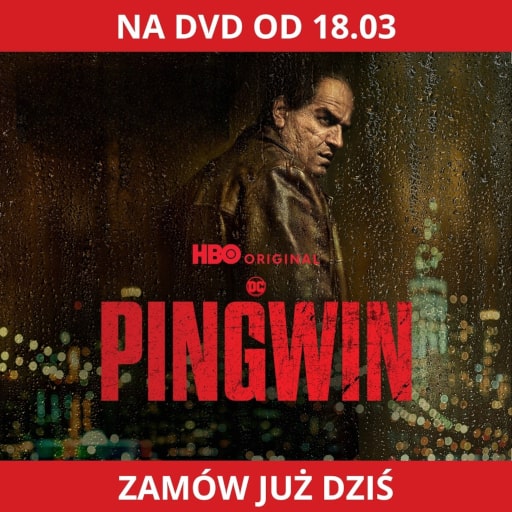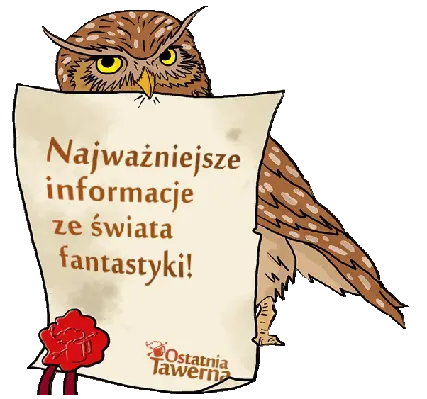A. Saulski: Let’s move on to Clash II . Courtesy of Prime Bit Games I had the pleasure to listen to the soundtrack. It is very interesting, with familiar notes. However, I must note that it is different from Clash I , though. Where did this change come from? The question of development and experience or did you think that the second part requires different solutions?
A. Skorupa: As I mentioned above. I wanted to write music according to my current abilities. More mature, more interesting in terms of music and arrangement, but above all, not duplicating mistakes. Which does not mean that I completely cut myself off from the original with the Clash 2 soundtrack . On the contrary…. For the workshop I took the songs that in my opinion were “to the point” and it was from these songs that I used the melodies that I arranged anew!
A. Saulski: What distinguishes the second installment of Clash is undoubtedly the clearly outlined difference between the parties to the conflict. You can see it in your music too. The question of inspiration is probably quite banal, but I have to ask it, also in the context of work on the earlier Ancestors Legacy – the gap between Christianity and paganism has been musically emphasized.
A. Skorupa: That’s a very nice question… thank you! The division into two nations in Clash II is a kind of novelty for me. In the case of Clash I, we did not signal who is fighting whom or why. Simply put, the daredevils came to the newly discovered land to seize its riches. In the case of the second part, I received clear guidelines from the developers that the parties to the conflict are Christians and Celts, so I tried to convey this division musically in a way that would be clearly associated with the listener. Celts are folk music bordering on Irish folk, Christians are orchestral music with baroque elements, supported by a choir. The music refers to fantasy because, after all, Clash II is a fantasy story, not set in any particular place or time, with dragons, wizards, fairies and more.
In the case of music for Ancestors Legacy, the theme was quite different and much more complex. The game’s ambition was to present facts and historical figures, so the music was required to play an educational role to some extent, and to be properly set historically. In Ancestors Legacy, music for Christians, which is part of the Germanic culture, is consistent with the canons of the time (for example, the game features Gregorian chants and chants sung in Latin, based on records, the so-called neumes, which have survived to modern times).
The pagan side of the game is the Slavs and Vikings. In both of these cases, the music is composed for old instruments, then existing (e.g. the Biłgoraj bitch or the Talharpa) so that it sounds credible (as it could in fact sound in the times described by the game). Unfortunately, there are no authentic records confirming the existence of such (and we are talking about the times before the baptism of Poland).
The knowledge and skills I gained while composing music for Ancestors Legacy were of course very useful when composing music for Clash II . Here, too, I reached for ancient instruments that give this specific medieval flavor (after all, in the game we have knights associated with the Middle Ages). Thus, in the pieces for Clash II there were such instruments as: talharpa, Płock fiddle or humunchen.
A. Saulski: As a writer, I cannot help but ask about non-musical inspirations. Do you like fantastic literature, and if so – do you ever hear musical notes in your head illustrating the text? Or maybe some literary texts are so climatic that they inspire you while working on music for movies or games?
A. Skorupa: Sadly, I haven’t read much lately. I mean, I read every day, but these are my children’s bedtime stories (laughs). I have practically no free time for serious reading. In the old days, when I was reading (and I read a lot and a lot!), I did hear music in my head. This is how the music for the game The Witcher was created. I am a big fan of Sapkowski’s saga, so when I started composing music for the game, I had read the book several times and had a lot of topics in my head (laughs). I must mention that the written text is not that inspiring for me. I am an auditor by nature, which means that I perceive and interpret the world mainly through the prism of what I hear, and not what I see (read). The actor’s voice (timbre and voice modulation, when it expresses emotions) rather than facial expressions or the visual context. Surprising a bit, isn’t it? (laugh). So if fantasy literature were to inspire me to a greater extent, it would have to be presented in the form of an audiobook (or I would have to read it aloud and listen to the tone of my voice) (laughs).

